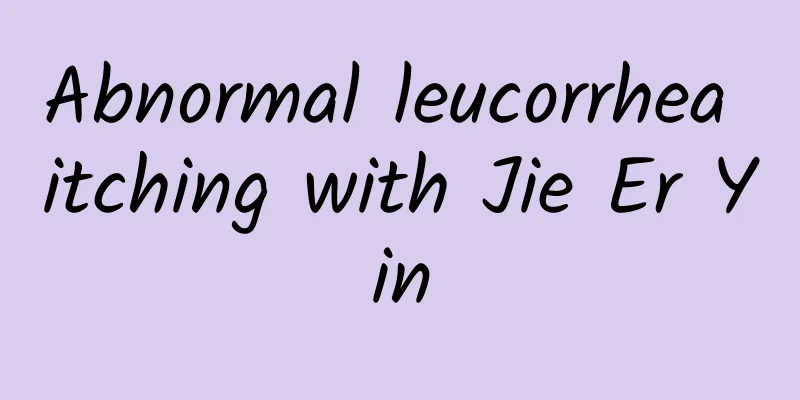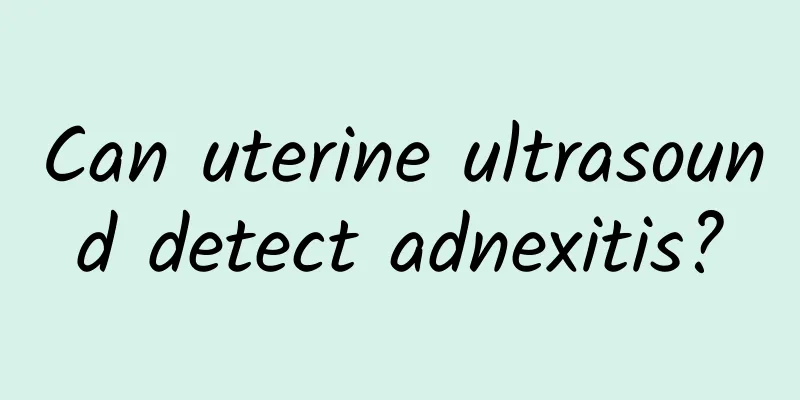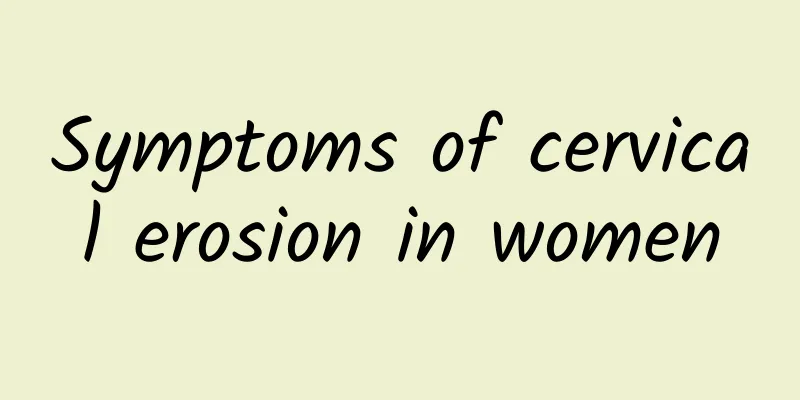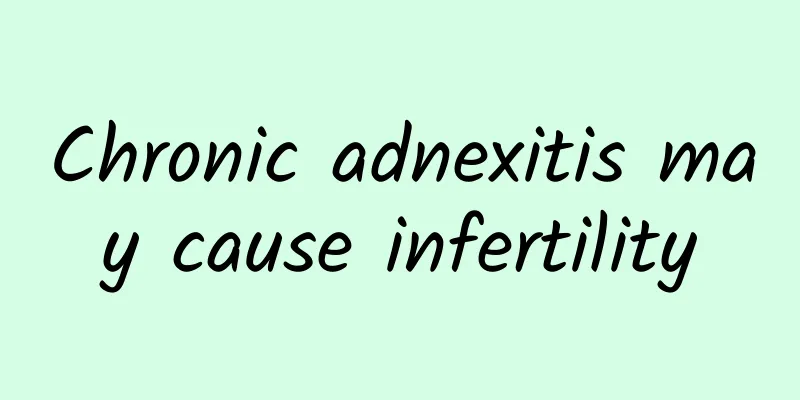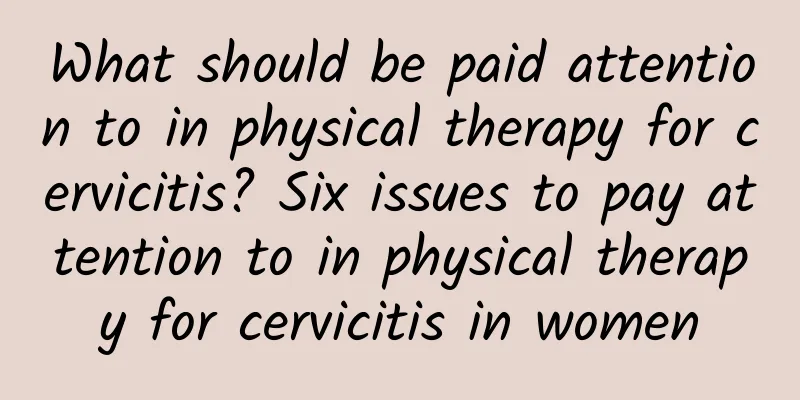Progesterone hemostasis can treat adolescent functional uterine bleeding
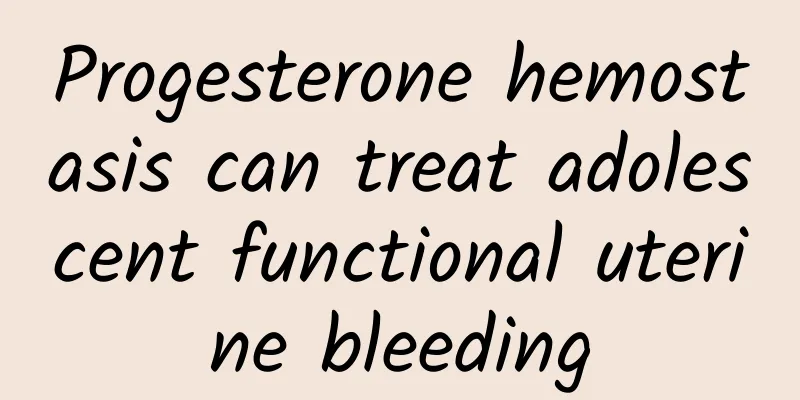
|
Dysfunctional uterine bleeding, also known as functional uterine bleeding, is uterine bleeding caused by ovarian dysfunction and requires active treatment. Progestin hemostasis can treat functional uterine bleeding in adolescence. Applicable population for progestin hemostatic therapy Progestin hemostasis is suitable for patients who already have a certain level of estrogen in their bodies. At this time, the effect of progestin can cause the endometrium to undergo secretory changes and fall off completely. The hemostatic effect occurs after withdrawal bleeding. Progestin hemostatic therapy For patients with short bleeding time and little blood loss, 10-20 mg of progesterone can be injected intramuscularly every day for 3-5 consecutive days. You can also take synthetic norethindrone 5-10 mg, megestrol acetate 8-12 mg or medroxyprogesterone 10-16 mg for 5 consecutive days. The lining of the vagina will fall off within 3-5 days after stopping the drug, resulting in a small amount of withdrawal bleeding, which can be clear in 5-7 days. For patients with long bleeding time and heavy bleeding, the dosage should be increased and the medication time should be extended. Starting from the time when the bleeding stops or basically stops, the medication should be continued for 20 days. The following drugs can be taken orally within 4-6 hours: norethindrone 5-7.5 mg, megestrol acetate 8 mg, or medroxyprogesterone 8-10 mg. After 4-6 medications, bleeding should be significantly reduced and stop within 48-72 hours. After the bleeding stops, the dosage should be gradually reduced to about 2.5 mg of norethindrone, 4 mg of megestrol acetate or 4-6 mg of medroxyprogesterone per day, and maintained for about 15-20 days after the bleeding stops. When taking the above drugs, 0.25-0.5 mg of diethylstilbestrol should be taken at the same time, once a night. If a large dose of progesterone cannot stop bleeding within 48-72 hours, it may be caused by low estrogen levels. Try injecting 2-4 mg of estradiol benzoate twice a day. After the bleeding stops, gradually reduce the dosage to about 0.5 mg of diethylstilbestrol per day, and finally stop taking it at the same time as the progesterone. |
<<: How to treat amenorrhea by targeting its cause
>>: Obvious abdominal pain after abortion should not be underestimated
Recommend
Tips for quick relief of dysmenorrhea
There is no "little trick to quickly relieve...
Can I eat green peppers if I have vaginitis?
Patients with vaginitis can usually eat sweet gre...
Still being a puff girl? Only by increasing your basal metabolism can you lose weight!
Don’t think that just because you look thin you a...
How much do you know about the early symptoms of ectopic pregnancy?
How much do you know about the early symptoms of ...
Pelvic inflammatory disease treatment and care
Treatment and care of pelvic inflammatory disease...
Life expectancy for severe cervical precancer
Cervical precancerous lesions are highly aggressi...
How are uterine fibroids formed? Uterine fibroids are generally formed by estrogen stimulation.
Many women with uterine fibroids worry about the ...
The Bulletproof Diet is on trend! 14 unique tricks of American engineers
Have you tried all the weight loss tips but still...
Causes of recurrent ovarian cysts
What are the causes of recurrence of ovarian cyst...
Which hospital is good for abortion in Shenyang?
Now in clinical hospitals, we find that more and ...
Home-Assisted Massage Therapy for Uterine Fibroids
Uterine fibroids are a benign tumor of the reprod...
Does second-degree cervical erosion affect female pregnancy? Common knowledge about second-degree cervical erosion
In life, women's special physiological struct...
Patients with adnexitis can be divided into two categories according to acute and chronic
Patients with adnexitis can be divided into two c...
Precautions for pelvic inflammatory disease care
Pelvic inflammatory disease is a common gynecolog...
Are there any particular foods that women with dysmenorrhea should eat?
Are there any particular foods that women with dy...


